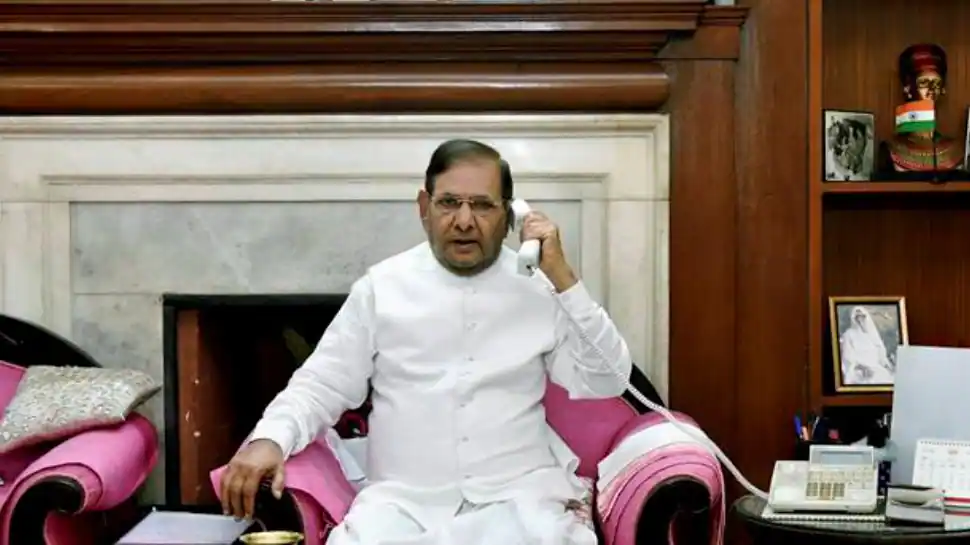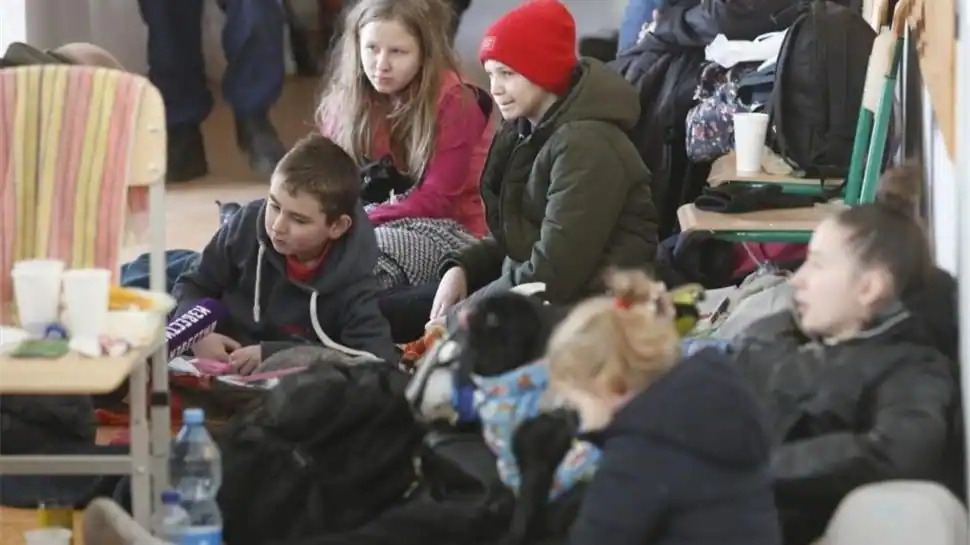Colombo: Opposition leader Ranil Wickremesinghe was sworn in as Sri Lanka’s 26th Prime Minister on Thursday, days after his predecessor Mahinda Rajapaksa was forced to resign following violent protests over the worst economic crisis in the debt-ridden island nation.
The 73-year-old United National Party (UNP) leader took the oath before President Gotabaya Rajapaksa at a ceremony in the president’s office after they held closed-door discussions over formation of a new government to address the economic crisis.
“My best wishes to the newly appointed PM of #LKA, @RW_UNP, who stepped up to take on the challenging task of steering our country through a very turbulent time. I look forward to working together with him to make Sri Lanka strong again,” President Gotabaya tweeted along with a picture of him and Wickremesinghe.
Soon after his appointment, Wickremesinghe promised to end the national crisis and revive the island nation’s economy.
I have taken on the challenge of uplifting the economy and I must fulfill it: Sri Lanka’s new PM Ranil Wickremesinghe, in Colombo pic.twitter.com/73arzUeb9a
— ANI (@ANI) May 12, 2022
Sri Lanka was without a government since Monday when Gotabaya’s elder brother and prime minister Mahinda Rajapaksa resigned after violence erupted following an attack on the anti-government protesters by his supporters. The attack triggered widespread violence against Rajapaksa loyalists, leaving 9 people dead.
Mahinda quickly congratulated Wickremesinghe, saying that he wishes him all the best as he navigates “these troubled times.” “Congratulations to the newly appointed Prime Minister of #lka, @RW_UNP. I wish you all the best as you navigate these troubled times,” tweeted Mahinda, who is under protection at a naval base following violent attacks on his aides.
The High Commission of India in Colombo said it looks forward to working with new Government of Sri Lanka formed in accordance with democratic processes.
“High Commission of India hopes for political stability and looks forward to working with the Government of Sri Lanka formed in accordance with democratic processes pursuant to the swearing in of Hon’ble @RW_UNP as the Prime Minister of #SriLanka,” it tweeted.
It said that India’s commitment to the people of Sri Lanka will continue. Members of the ruling Sri Lanka Podujana Peramuna (SLPP), a section of the main Opposition Samagi Jana Balawegaya (SJB) and several other parties have expressed their support to show majority for Wickremesinghe in Parliament, sources said.
However, several factions oppose the move to appoint Wickremesinghe as the new Prime Minister.
Wickremesinghe, a lawyer-turned politician who has been in Parliament for 45 years, has served as the prime minister on four previous occasions. He was fired from the post of prime minister by then-President Maithripala Sirisena in October 2018. However, he was reinstalled as the prime minister by Sirisena after two months.
He is widely accepted as a man who could manage the economy with far-sighted policies and is perceived as the Sri Lankan politician who could command international cooperation.
The UNP, the oldest party in the country, had failed to win a single seat from districts, including Wickremesinghe who contested from the UNP stronghold Colombo in 2020 parliamentary polls.
He later found his way to Parliament through the sole national list allocated to the UNP on the basis of cumulative national vote. His deputy Sajith Premadasa had led the breakaway SJB and became the main Opposition.
Premadasa, a former deputy to Wickremesinghe, had rejected the President’s original invitation to be prime minister. He had insisted that the President must resign as a pre-condition. Premadasa later softened his stance and demanded the President to give a time frame for stepping down. However, the President replied that he would appoint Wickremesinghe as the new premier.
Sri Lanka is facing its worst economic crisis since gaining independence from Britain in 1948. The crisis is caused in part by a lack of foreign currency, which has meant that the country cannot afford to pay for imports of staple foods and fuel, leading to acute shortages and very high prices.









